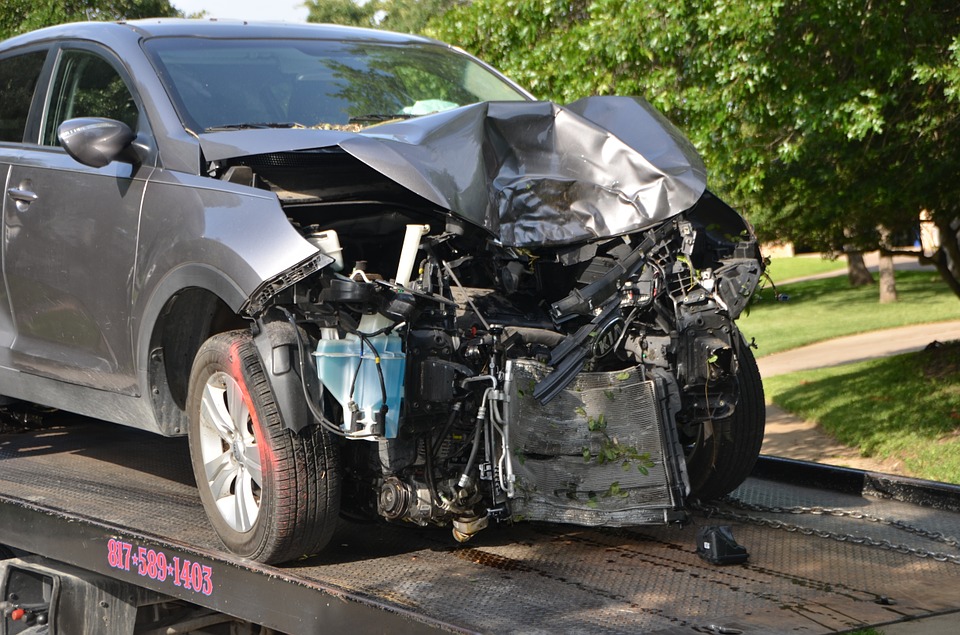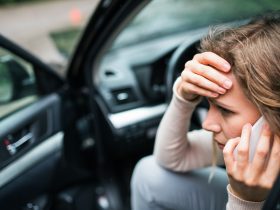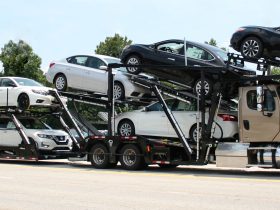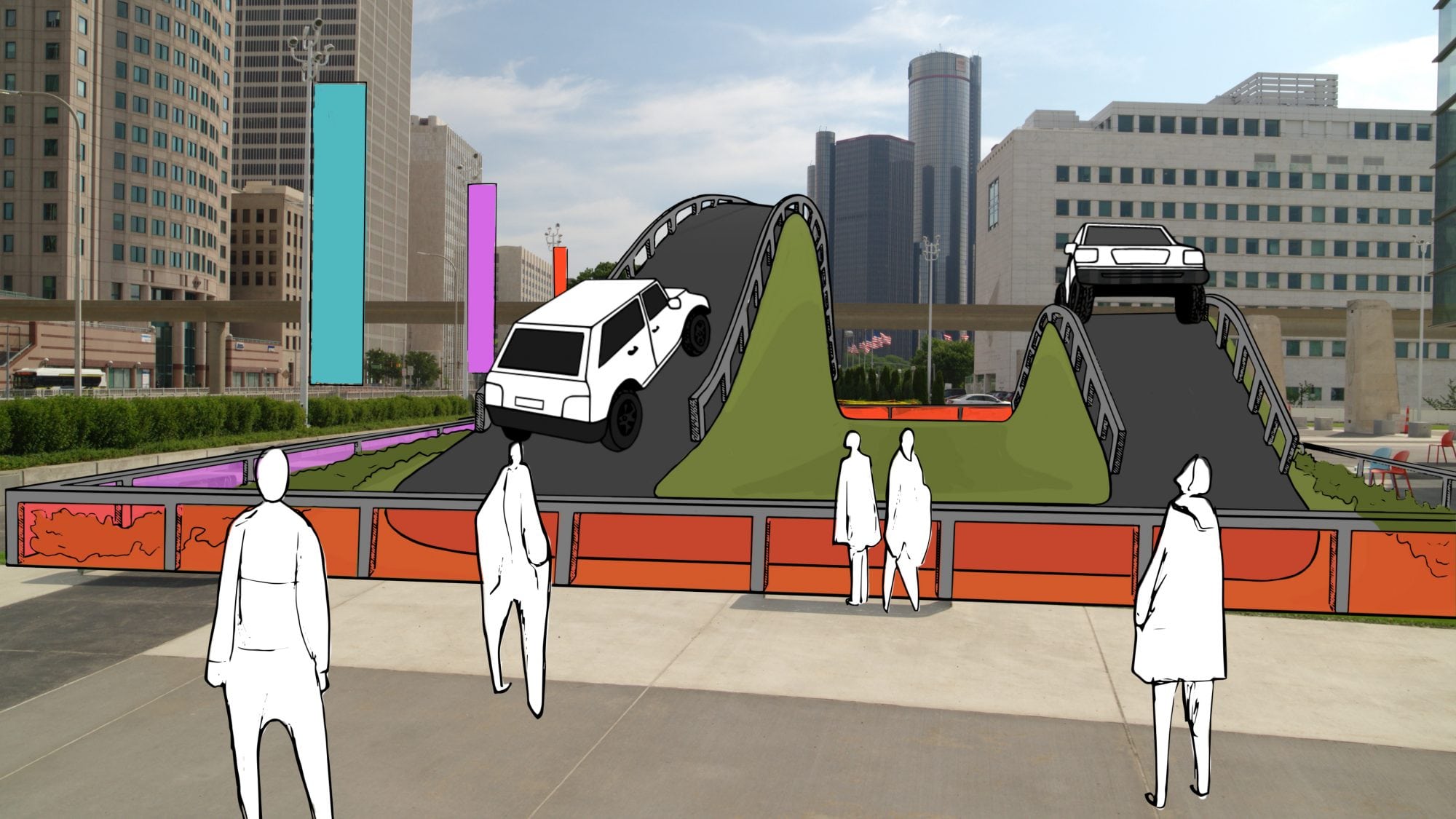If you ask any personal injury lawyer, they’ll probably tell you that you shouldn’t make any statements at the scene of a car accident. But that isn’t exactly practical when a police officer comes over and asks you what happened.
The fact of the matter is that if you are under criminal investigation for something like DUI or vehicular manslaughter, you do have the right to not make a statement. However, if it’s a typical accident — even an accident with injuries — you may not be the subject of a criminal investigation, and your Miranda Rights don’t apply. So, the question remains: what can you say at an accident?
What Info Should You Give to the Police?
If you’re speaking to a police officer investigating the accident, you are legally required to provide them with your license, registration, and proof of insurance. The officer may ask you questions about your direction of travel, the lane you were in at the point of impact, and other questions related to driving at the time of the accident. You should use your discretion when answering these questions. If you’re unsure of what the correct answer is, you can say, “I’m not sure.”
What You Should Not Say to the Police After an Accident
You should not tell the police or anyone else on the scene that you were at fault. Do not make any admissions of guilt, like “I was going a little too fast,” or “I saw the light turn red right before I entered the intersection.” If the officer writes you a citation, you can sign it without admitting guilt. It’s usually best not to argue your point with the police.
Mistakes to Avoid on Accident Scenes
One of the most common mistakes that accident victims make is to discuss what happened with the insurance adjuster before speaking with a personal injury lawyer. An even bigger mistake is taking a fast settlement offer from an insurance adjuster who shows up at the accident or in your hospital room. It’s the job of adjusters to limit the damages that they pay out. They want to get accident victims to settle quickly. What they often fail to mention is that they will also require the victim to sign a liability waiver, which prevents them from pursuing a claim.
What You Can Do to Improve your Accident Injury Case
According to the site https://www.goldsteinlaw.com/, there are several things that an injury victim can do to support their claim at the scene of an accident. Here are some suggestions:
- Safety is always first, so make sure that you move to a position of safety if possible.
- Call 911 to get police and emergency services to the scene.
- Take pictures or videos of the vehicle damage, injuries, debris in the road, and geographical markers. This can be used later to support your claim.
- Ask witnesses to stay on the scene or get their contact info.
- Accept medical help from the EMTs.
- Contact a personal injury lawyer who handles accidents in your area.
If you’ve been in an accident, you may be entitled to compensation from your insurance company or the insurance company of the at-fault party.







